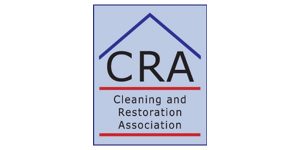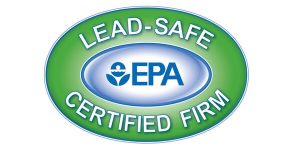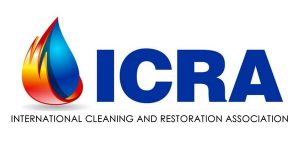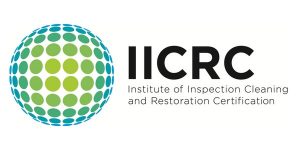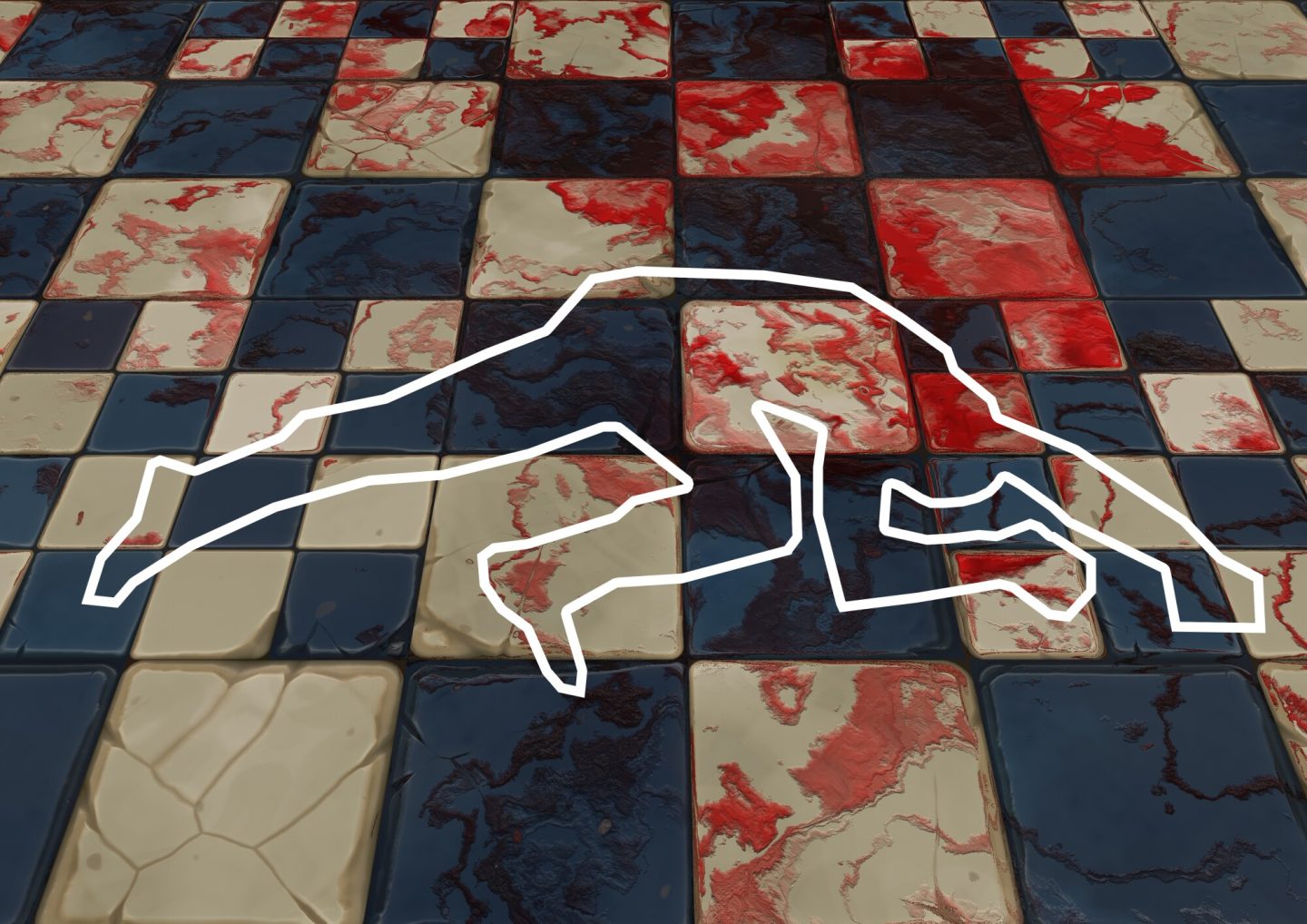
Trauma scene cleanup is one of the most sensitive and emotionally charged services in the restoration industry. These situations often involve events such as accidents, unattended deaths, violent crimes, or other biohazard-related incidents. While cleanup and sanitation are essential, privacy and respect for those affected are equally critical.
When disaster strikes in such a personal and devastating way, families need more than technical cleanup—they need compassionate, discreet professionals who understand the emotional weight of the scene. Ensuring privacy and dignity throughout the process is not just best practice—it’s a moral obligation.
What Is Trauma Scene Cleanup?
Trauma scene cleanup involves the safe removal of biohazardous materials such as blood, bodily fluids, and other potentially infectious substances. The goal is to clean, disinfect, and restore the affected environment to a safe, habitable condition.
OSHA standards regulate this type of work and requires personal protective equipment, specialized training, and often licensing depending on the jurisdiction. But beyond the technical scope, there’s a human element to this service that must never be overlooked.
The Role of Discretion in Trauma Cleanup
Privacy matters profoundly when someone is going through a traumatic experience. Professional cleanup teams must maintain a discreet presence, both to protect the dignity of the individuals involved and to minimize any further distress. In many cases, cleanup crews are asked to arrive in unmarked vehicles and wear neutral uniforms to avoid drawing unwanted attention.
According to Psychology Today, responding to trauma without judgment or unnecessary questioning is a fundamental aspect of care and empathy. Cleaners trained in trauma response understand this and are equipped not only with tools but with emotional intelligence.
Professionalism in Difficult Moments
Every trauma scene is unique, but professionalism is a constant. Technicians must be able to manage high-stress environments while remaining calm, efficient, and compassionate. This is not a job for anyone lacking emotional maturity.
Steps Taken to Protect Client Privacy
There are several specific steps that ethical trauma cleanup companies take to ensure privacy:
- Confidentiality agreements are standard and taken seriously.
- Client information is never shared beyond what is required for legal, insurance, or safety compliance.
- Photos and documentation are only taken with explicit consent and are used solely for internal reporting or insurance purposes.
- Discreet work vehicles and uniforms help avoid public attention.
- Clear communication about timelines and access to the property ensures the client’s comfort and understanding.
In addition to these actions, trauma scene technicians are trained to follow strict ethical standards when handling personal belongings. Sentimental items, photographs, or valuable documents are preserved whenever possible and treated with respect.
Legal and Ethical Boundaries
In trauma scene scenarios, cleanup teams must often navigate police investigations, insurance claims, and grieving family members simultaneously. The last thing a family needs is a service provider who disregards boundaries or protocols.
Ethical teams will coordinate with local authorities and ensure all procedures align with state and federal laws regarding hazardous material handling. They will also avoid speculation or unnecessary involvement in the circumstances of the incident.
Why DIY Is Never an Option
Beyond the emotional distress, trauma cleanup is physically dangerous. Bloodborne pathogens, cross-contamination, and airborne bacteria can pose serious health risks. Without the proper training and equipment, attempting to clean a trauma scene can expose individuals to infections like hepatitis B, hepatitis C, or HIV.
The use of hospital-grade disinfectants, ozone machines, HEPA filters, and biohazard disposal containers is necessary to fully sanitize the area and prevent long-term health risks. Licensed professionals also know how to detect contamination that’s not visible to the eye—like beneath flooring or inside HVAC systems.
Service First Restoration – Trauma Scene Cleanup in Orange County
Navigating a traumatic event is never easy, but the cleanup process doesn’t have to compound the pain. At Service First Restoration, we approach trauma scene cleanup with a blend of technical skill, confidentiality, and heartfelt compassion. We understand that behind every cleanup is a family trying to move forward. Service First Restoration provides professional trauma scene cleanup throughout Orange County, ensuring privacy and dignity are honored in every step of the process.



